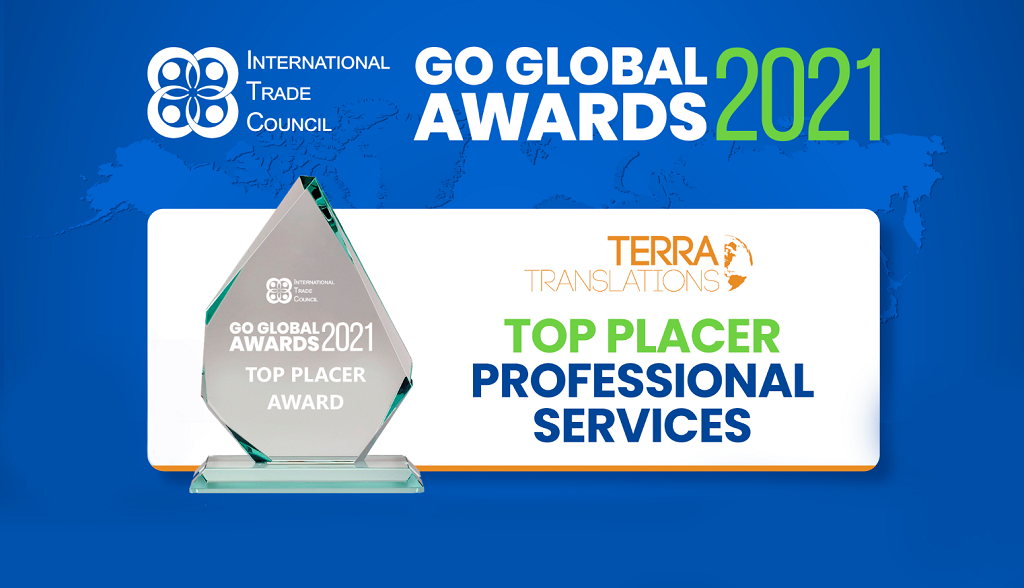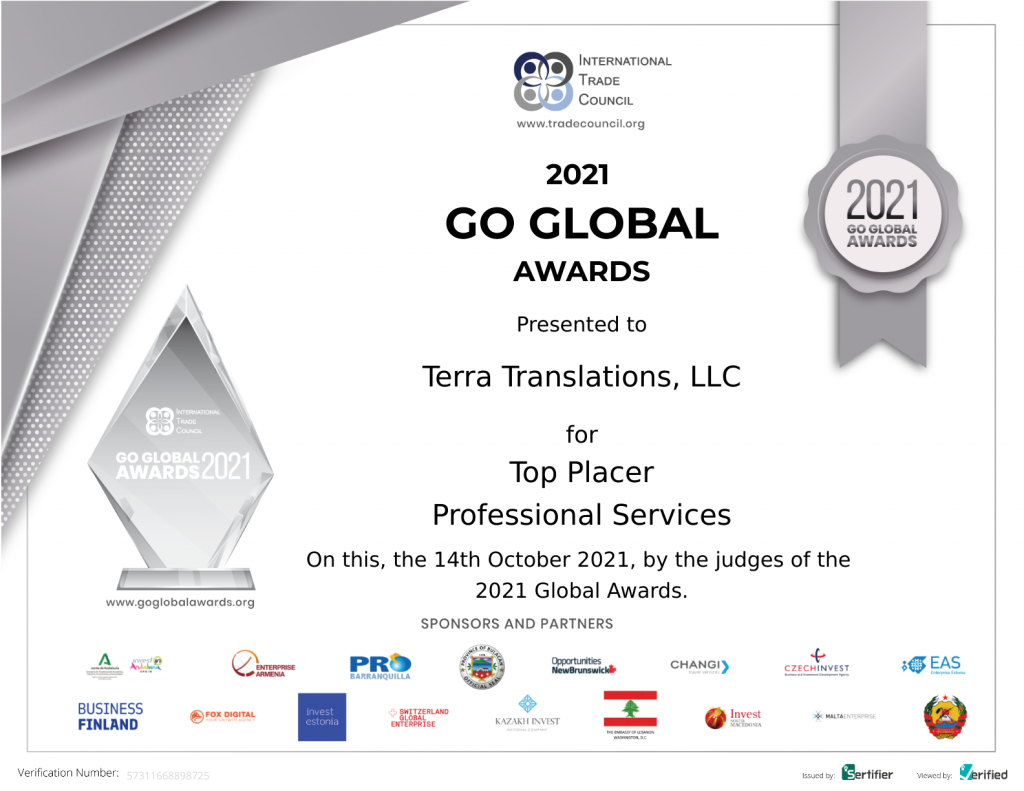In a way, feedback is an intrinsic part of any business relationship, as people always give and receive comments about their work or the work of others. Most frequently, feedback is tacit, brief or spontaneous, such as indifference, a continued relationship, a smiley face, or a positive remark. However, it can also be an organized and intentional strategy within an organization. Specifically, in the localization industry, feedback is mostly associated with vendors (translators, editors, DTP specialists, voice talents, etc.) as it relates to their performance in localization projects. Here we’ll talk about that, but also other ways in which feedback sustains language service providers’ (LSP) workflows.
The Importance of Feedback

According to ISO 17100 and to the Project Management Institute standards, feedback is a cornerstone when developing a quality management approach in localization workflows. This is because an intentional communication strategy supports a continued learning experience for all the parties involved, which results in development and growth in the long term. Furthermore, managing feedback is one of the bricks that build a risk management structure. The reason for this is that feedback reduces uncertainties and, hence, risks. For instance, knowing what the client needs or prefers, counting on vendors that know your preferences and policies, being PMs aware of all the requirements and background, are all actions based on feedback that reduce risks and potential setbacks.
Therefore being this valuable, it’s not safe to wait for feedback to just happen. Parties involved in a project should actively put together actions or protocols that incorporate providing feedback, as well as ask for it and encourage it.
One Way or Another
Just as it’s important to provide feedback on growth opportunities for the linguistic team, vendors also need to be able to provide their own insight. Workflows can have resources or steps that enable their expert suggestions to reach PMs or even clients when needed. Query sheets, meetings with language leads or feedback loops are some examples of the actions that empower translators to be part of the wider process.
Lines, Loops, Scaffolds
When the intention is to deliberately manage a feedback strategy, it’s very important for PMs to encourage clients to provide it even after a project has ended. With this approach, the team can identify improvement opportunities and take actions to remedy them in the next endeavor.
However, feedback loops or scaffolds are also a way of handling a feedback protocol. This means that, for example, the editors provide feedback to the translators during the course of a project. Likewise, translators can respond to that feedback, which enriches the editing process. This is also helpful because translators and editors may have complementary expertise. Let’s say, for example, that within a project, translators are domain subject specialists, but they don’t know the product the team is localizing, while editors do. Feedback strategies combine and leverage that knowledge through exchange and teamwork.
The loop or scaffold metaphor also applies to the relationship between PMs, language leads, and clients when time and resources allow it. Through a partial deliveries schedule, regular meetings, or forms and surveys, for instance, the team can know how a project is going, what clients expect, what adjustments need to be made for next deliveries, etc. This is crucial information that only feedback can provide, and that supports a solid approach based on quality and risk management that nurtures any localization workflow.















